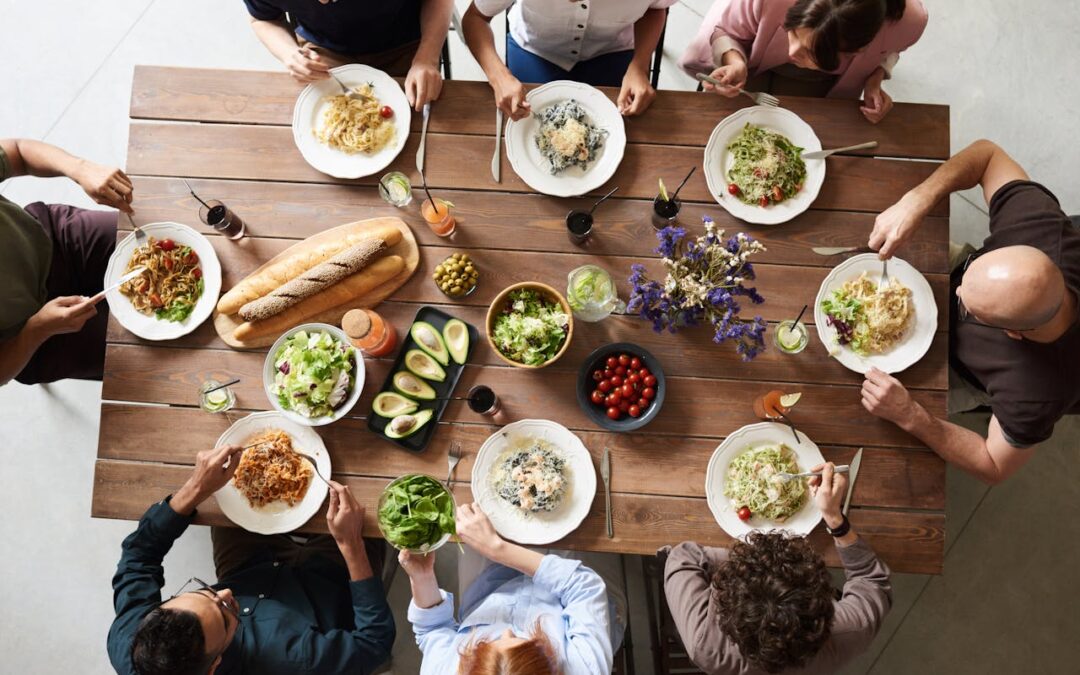
Doing Good Is Not a Strategy: It’s a Standard
Doing Good Is Not a Strategy: It’s a Standard
Too often, companies treat social impact like a PR campaign, something to announce rather than embody. But when doing good is baked into your DNA, customers can feel the difference.
On The Bliss Business Podcast, Colin McIntosh, Founder and CEO of Sheets & Giggles, joined Stephen Sakach and Mike Liwski to unpack how conscious capitalism isn’t just a philosophy. It’s a daily decision to be helpful, human, and unapologetically values-driven.
Colin built a fast-growing company in a highly competitive category not by chasing market share, but by doing what felt right, from making eco-friendly sheets out of eucalyptus to turning down unethical partnerships. And it turns out, that approach isn’t just good ethics. It’s good business.
Helpful Is a Strategy
At Sheets & Giggles, being helpful is more than a customer service policy. It’s the heartbeat of the brand. Colin shared how building a business around help, not hype, creates loyalty that advertising can’t buy.
Whether it’s shipping supplies to wildfire victims or donating sheets to shelters, the company’s actions reinforce its purpose. This isn’t about virtue signaling. It’s about making decisions that align with both customer values and company vision.
Saying No Can Be More Powerful Than Saying Yes
One of the most compelling insights in this conversation is the courage it takes to turn down opportunities that conflict with your ethics. Colin discussed saying no to mass retailers who didn’t meet their standards, even when the deals were tempting.
That kind of clarity requires more than a mission statement. It demands a deep understanding of your values and the willingness to stand by them. In a world where short-term wins often dominate decision-making, this long view sets a powerful example.
Humor and Humanity Can Coexist
Colin also reminded us that being a conscious company doesn’t mean being overly serious. Sheets & Giggles is known for its clever brand voice, full of puns and personality. But underneath the laughs is a brand that takes its impact seriously.
Humor, when done well, can disarm cynicism and invite people into your mission. It creates a sense of intimacy and shared understanding that formal language can’t. And for Colin, it’s simply more fun to build a company people smile about.
Key Takeaways
- Doing good doesn’t have to come at the cost of growth. It can drive it.
- Saying no to misaligned opportunities is a sign of brand maturity.
- Humor and mission can go hand-in-hand when done with care.
- Being helpful is not a marketing trick. It’s a business philosophy.
Final Thoughts
Colin McIntosh didn’t wait for a market trend to tell him doing good was in. He built it into the DNA of his company from day one. His story is a reminder that conscious capitalism isn’t about perfection. It’s about persistence, principles, and showing up with integrity — one decision at a time.
Check out our full conversation with Colin McIntosh on The Bliss Business Podcast.
Originally Featured on The Bliss Business Podcast Blog








Recent Comments